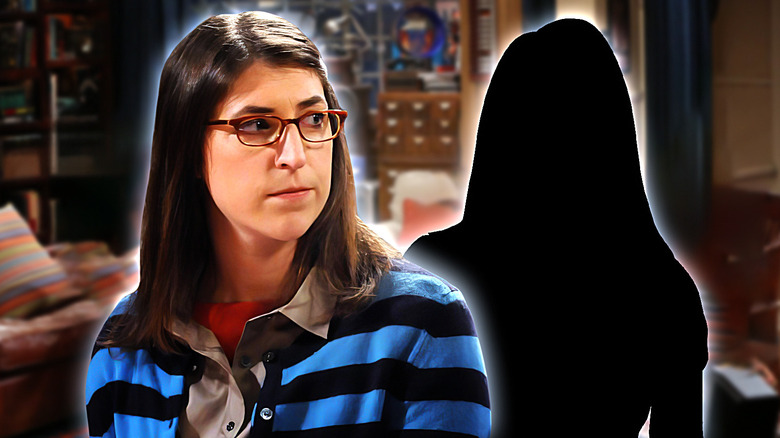
When Amy Farrah Fowler first appeared in The Big Bang Theory’s third season finale, few could have predicted the impact she would have on the series. Introduced as a female counterpart to Sheldon Cooper, Amy quickly evolved into a complex, funny, and emotionally rich character in her own right. Her presence didn’t just expand the show’s world—it helped redefine it.
An Unusual Beginning
Amy was first introduced through a dating experiment conducted by Raj and Howard, who created a dating profile for Sheldon. To their surprise, the algorithm matched him with someone who was just as blunt, analytical, and socially detached—Amy, played by real-life neuroscientist Mayim Bialik.
At first, Amy mirrored Sheldon in almost every way. She spoke in clinical language, dismissed social norms, and approached relationships like scientific case studies. But as her character developed, Amy became more than just “female Sheldon.” She grew into a person with her own hopes, vulnerabilities, and surprising charm.
A Character Who Grew with the Audience
Over time, Amy’s emotional arc became one of the most engaging in the series. Viewers watched as she slowly opened herself to genuine friendship, romantic connection, and self-confidence. Her growing bond with Penny and Bernadette was a standout storyline, showing a different kind of love—female friendship—that was rare in the show’s early seasons.
Amy’s relationship with Sheldon also provided some of the series’ most heartfelt moments. What started as a peculiar intellectual pairing gradually transformed into a believable and tender romance. The patience, emotional maturity, and quiet strength Amy brought to the relationship helped Sheldon grow in ways many fans never expected.

A Standout Performer
Mayim Bialik’s performance was essential to Amy’s success. As a trained neuroscientist herself, she brought authenticity to the role, but more importantly, she gave Amy depth and warmth. Bialik’s comedic timing, combined with her ability to deliver emotional nuance, earned her multiple Emmy nominations and critical acclaim.
Amy was not just a supporting character—she was central to the show’s later success. Her wedding to Sheldon, her Nobel Prize win, and her personal transformation were key milestones in the final seasons.
Breaking Stereotypes
Amy Farrah Fowler defied stereotypes about women in science, about what makes a character “likable,” and about what a romantic lead should look like. She was brilliant, awkward, and unapologetically herself. Unlike many female characters on television, Amy was never reduced to a sidekick or romantic foil. She had her own story, ambitions, and sense of humor.
Her presence also helped make The Big Bang Theory more inclusive and nuanced. While the show has faced criticism for how it originally portrayed women and nerd culture, Amy (along with Bernadette and later Anu) helped rebalance its tone and broaden its perspective.
A Quiet Triumph
In many ways, Amy Farrah Fowler became the emotional glue of the show’s later seasons. Her growth mirrored the show’s evolution—from a niche sitcom about quirky guys to a widely beloved ensemble comedy with real heart.
By the final episode, Amy had transformed from an outsider to a Nobel laureate, a loyal friend, and a deeply loved partner. She proved that intelligence and empathy are not mutually exclusive—and that even the most awkward beginnings can lead to something beautiful.